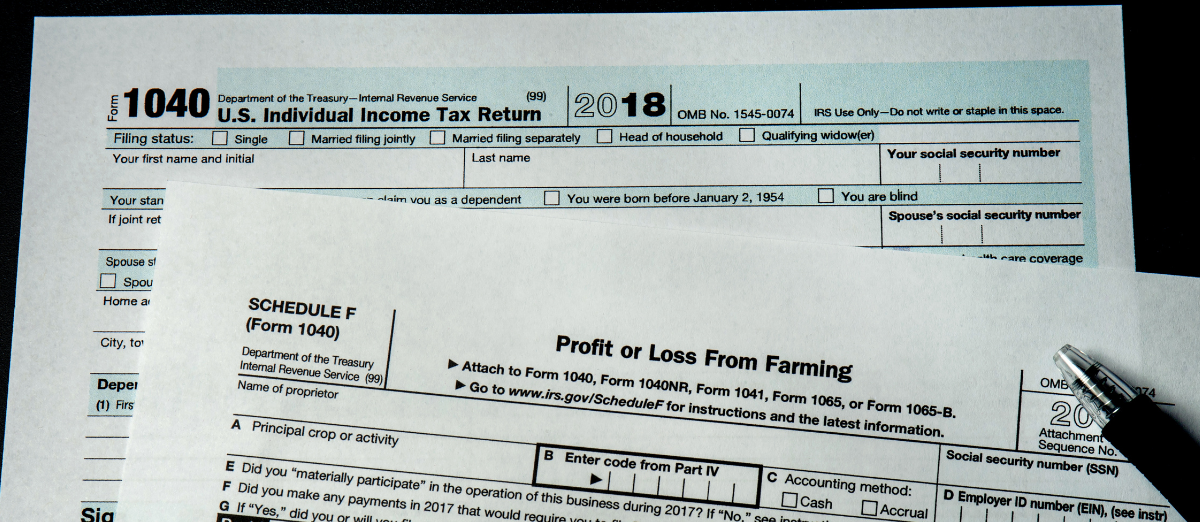Kentucky Sales Tax on Utilities
Author(s): Jerry Pierce
Published: January 10th, 2023
Shareable PDF
A legislative change was made to the qualifications for residential use exemption from sales tax on utilities. Effective January 1, 2023, the resident at a specific service address is responsible for declaring it as their place of domicile and the utility services exempt for residential use. Kentucky sales tax will be charged for utility services furnished to any location that is not your place of domicile, even if it was formally classified as residential. The 6% sales tax applies to the sale of water and sewer, electricity, and heating gas and fuels used or delivered.
“Place of domicile” is your primary residence. The legislation says it is “the place where an individual has his or her legal, true, fixed, and permanent home and principal establishment, and to which, whenever the individual is absent, the individual has the intention of returning.”
The residential use exemption applies to all utilities serving the primary residence. Generally, everything on the meter or the tank that serves your primary residence qualifies for the exemption.
In general, an existing customer with only one service address should not be contacted by the utility providers. The qualification for residential exemption will simply continue. If your utility provider requested you complete the Declaration of Domicile form follow the company’s instructions. Contact them if you have questions. If you have utility service for a second home, a separate farm or business, or other non-residential property you should fill out the form required by your utility providers to declare which meter serves your primary residence.
Multiple meters at your primary residence may qualify for the residential exemption. Separate meters for garages, outbuildings, security lighting, and other non-commercial uses that are a part of your residence could be exempt from the sales tax. Contact your utility providers.
Multiple properties you own may qualify for a residential exemption. Each property must be the place of domicile for different Kentucky residents and you must submit a certificate of domicile to the utility service providers for each separately metered account.
If farm buildings and the primary residence are on the same meter or tank and the utility service was previously classified as residential, you should continue to receive residential use tax treatment. If service is switched to separate meters or to another owner, only the primary residence will qualify for the residential use exemption.
Farm Exemption
Utility services to farms separate from the primary residence may be exempt from some utility sales tax. The Agriculture Exemption License Number makes qualified farms exempt from sales tax on natural gas, LP, and water used exclusively and directly in qualified farming operations. Provide a copy of your Ag Exemption Certificate to your utility providers to verify the exemption with them. The exemption for heating fuels does not apply to raising horses. There is a separate exemption for water only sold to a business raising horses. Use Form 51A157.
The Agriculture Exemption License Number does not include an exemption from sales tax on electricity.
Farmers who pay utilities for a farm employee may qualify for the residential exemption. The employee must complete the Declaration of Domicile Form 51A380. If employees are housed in a multi-unit dwelling with a master meter, the farmer should complete the Landlord Declaration Form 51A381 and have each resident complete a Declaration of Domicile form. The residential exemption does not require the employee to pay directly for the utility services.
For more information, see the Department of Revenue FAQ.
Contact the Department of Revenue at:
502-564-5170
Email: DOR.Webresponsesalestax@ky.gov
Recommended Citation Format:
Pierce, J. "Kentucky Sales Tax on Utilities." Economic and Policy Update (23):1, Department of Agricultural Economics, University of Kentucky, January 10th, 2023.
Author(s) Contact Information:
Jerry Pierce | KFBM Program Coordinator | jerry.pierce@uky.edu
Recent Extension Articles
Tax Management is Still Important – Even in a Down Year
Jennifer Rogers | November 29th, 2022
With farm production being down, compared to recent years, it may come as a surprise to many that tax management is still vitally important. While some of the 2021 revenue may have been recognized last year, many bushels of crops were held over to sell in early 2022. Most farms are cash-based taxpayers, meaning that any crop sales held over to the following year will be taxed in the year they were received. This means that even this drought year, with reduced production, could still come with a big tax bill.
More with Less.... Really?
Steve Isaacs | November 29th, 2022
We’ve all heard it. Budgets are tight. Profits are down. Vacancies are not filled. People are laid off. So… those who are left have to do their own jobs… and the jobs of those who aren’t here… and we’re going to do MORE? REALLY? It’s well-intentioned and probably said in an attempt to motivate those who are still around. Most bosses, managers, and administrators have probably said it at one time or another, “We have to do more with less.”




